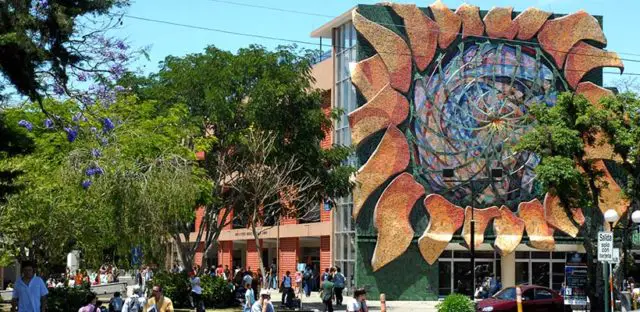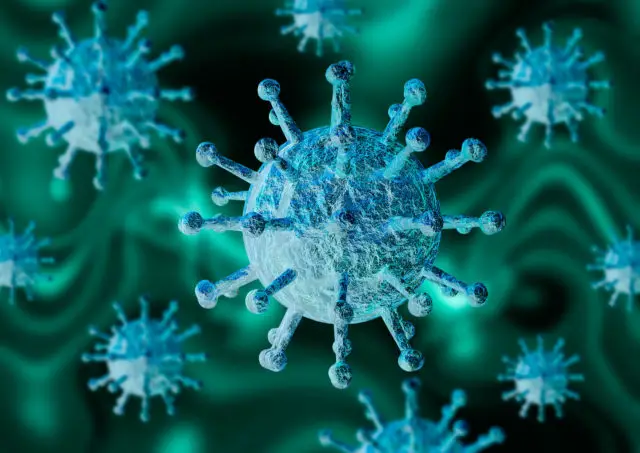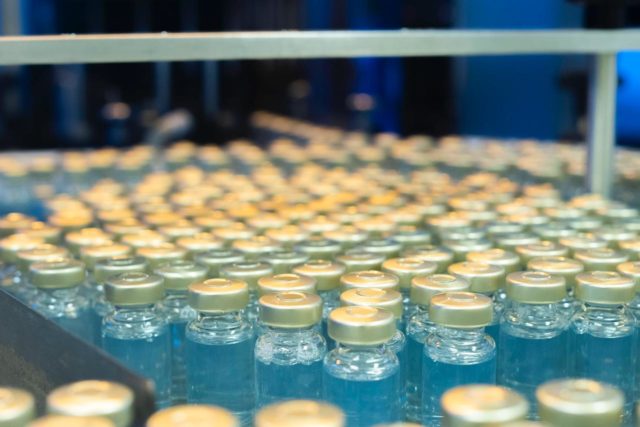
If a person recovers satisfactorily from the COVID-19 disease, his body generates an immunity (resistance) thanks to the antibodies or immunoglobulins that neutralize the virus, and then, this blood plasma can be extracted and be used to save the life of other people stricken by the disease. Costa Rica has the potential to generate such treatment and make it available to all citizens. It is anticipated that for every 25 liters of plasma recovered from donors, it will be possible to produce 50 vials of anti-COVID-19 serum.
This initiative is led by the Costa Rican Social Security Fund (CCSS) and the University of Costa Rica (UCR) using all the potential of the Clodomiro Picado Institute, the Costa Rican Institute for Research and Teaching in Nutrition and Health (Incense-UCR), the Clinical Laboratory and the Blood Bank (LCBS-UCR). All coordinated by the CCSS.
How will this be achieved?
The Costa Rican Social Security Fund (CCSS), the institution that proposed the initiative, will have the support of the Clodomiro Picado Institute of the University of Costa Rica (ICP-UCR), which has the technical capacity and human resources to carry out the procedures required in the purification and formulation of the antibodies.
“The quality control tests of the immunoglobulin preparations purified with the methodology developed by the Clodomiro Picado Institute have already been evaluated. The results have shown that they comply with all the international standards required for these drugs,” said Henning Jensen Pennington, UCR president.
Internationally, immunoglobulin therapy has become a promising hope in the face of the current pandemic due to the SARS-COV-2 coronavirus. Even large pharmaceutical companies such as Grifols, from Spain, plan their production for July 2020.
A viable solution.

According to the prestigious medical journal Lancet, since the influenza pandemic registered in 1918, various clinical trials have suggested that the use of immunoglobulins obtained from the plasma of convalescent patients could work in respiratory virus infections.
In a 2019 study of immunoglobulins published in Lancet, a robust increase in hemagglutination inhibition (agglomeration of red blood cells) was found. This inhibition indicates that there are antibodies that neutralize influenza hemagglutinin, and therefore the virus cannot enter human cells.
“Serum from convalescent patients or hyperimmunized volunteers have been used successfully in diseases such as rabies or Ebola. Reports of the efficacy of these preparations for treating COVID-19 are scarce, but some developed countries are already opting for this alternative,” said Dr. Guillermo León Montero, coordinator of the Industrial Division of ICP-UCR. This is the ICP-UCR plant where polyvalent anti-pill serums are produced. In a similar facility, the medicine would be produced.
What’s the plan?
If all goes well, the proposed project involves an inter-institutional collaboration. The CCSS would collect plasma from donors who, after having suffered from the COVID-19 disease, are recovered. The Incense-UCR and LCBS-UCR would carry out the necessary analyses to demonstrate that this plasma is free of SARS-CoV-2 and other important pathogens in transfusion medicine.
With the above achieved, the Clodomiro Picado Institute would use its experience in the manufacture of antivenoms, to produce a preparation of purified antibodies from plasma. Finally, the CCSS would apply the product, hoping that the neutralizing capacity of the preparation will be useful in the treatment of patients who develop severe symptoms.
“There is still a lot to be done, the possibility that the project will materialize requires the permission of the Ministry of Health, since it is not a procedure that the ICP-UCR normally does. In addition to the requirements, it also depends on the people who have recovered from the disease agreeing to donate their plasma,” emphasized Dr. Alberto Alape Girón, director of the ICP-UCR.
International support.

The LCBS-UCR already has the molecular biology tests, under international standards, required to carry out the screening of the plasmas that will be used in the processing of immunoglobulins. This laboratory has the highest quality standards for the clinical analysis of samples. The ICP-UCR, for its part, has worked in recent years at the pilot level on the fractionation of human plasma in the production of injectable human immunoglobulins.
“The experience of the ICP-UCR in the production of pilot batches derived from human plasma has yielded very satisfactory results, the products obtained have a purity profile very similar to commercial products produced by large pharmaceutical companies and the manufacturing process was patented and is protected in several countries such as the United States, China and in the countries of the European Union”, expanded Dr. León Montero, coordinator of the Industrial Division of ICP-UCR.
Production potential.
To start the process, the participation of the UCR must first be officially accepted. At this time, the Institute is organizing the necessary documentation to register the product with the Ministry of Health and obtain authorization for its production. It is not yet known when the evaluation of the Ministry of Health is ready. However, by the time the green light is obtained, donors will still be needed for obtaining plasma so that ICP-UCR can start processing it immediately.
“The criteria for selecting donors would be those established by the CCSS. For example, being over 18, having a minimum weight of 50 Kg, not being sick on the day of the donation, not having suffered from hepatitis B / C, HIV-AIDS, syphilis and not having multiple sexual partners, among other aspects. For this project, an additional requirement would be to have suffered from the COVID-19 and to have fully recovered, “specified León.
If all necessary authorizations are obtained, the ICP-UCR estimates that the production process will take approximately one month, including quality control tests to obtain the first batch. The final medicine to be used will be in an antibody solution to be injected into patients intravenously and the dose will be according to the patient’s need. It is estimated that one vial could be enough to save a life.
The proposal was presented by the UCR on March 29 to the Ministry of Health and the Costa Rican Social Security Fund, so that the Clinical Laboratory and ICP-UCR can cooperate with the CCSS. As of today, the authorities of the institutions involved are in constant conversation to adjust the plan that will make it possible to have this alternative available as soon as possible for patients with COVID-19 in the most critical conditions.


